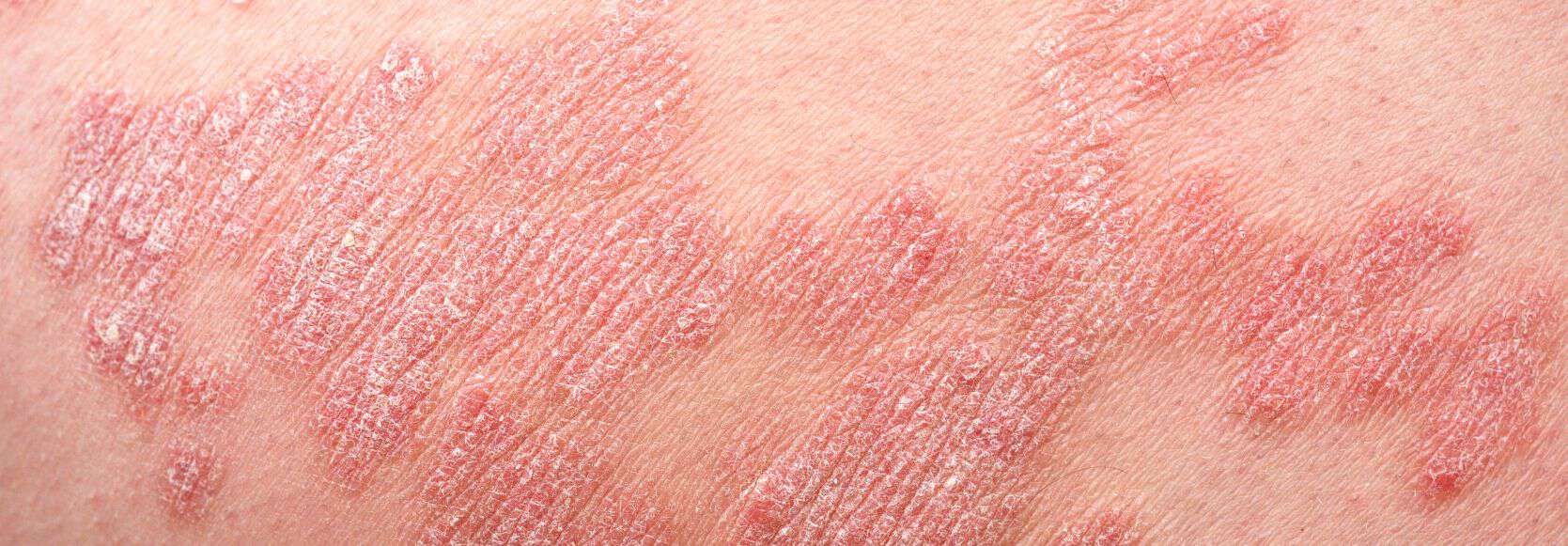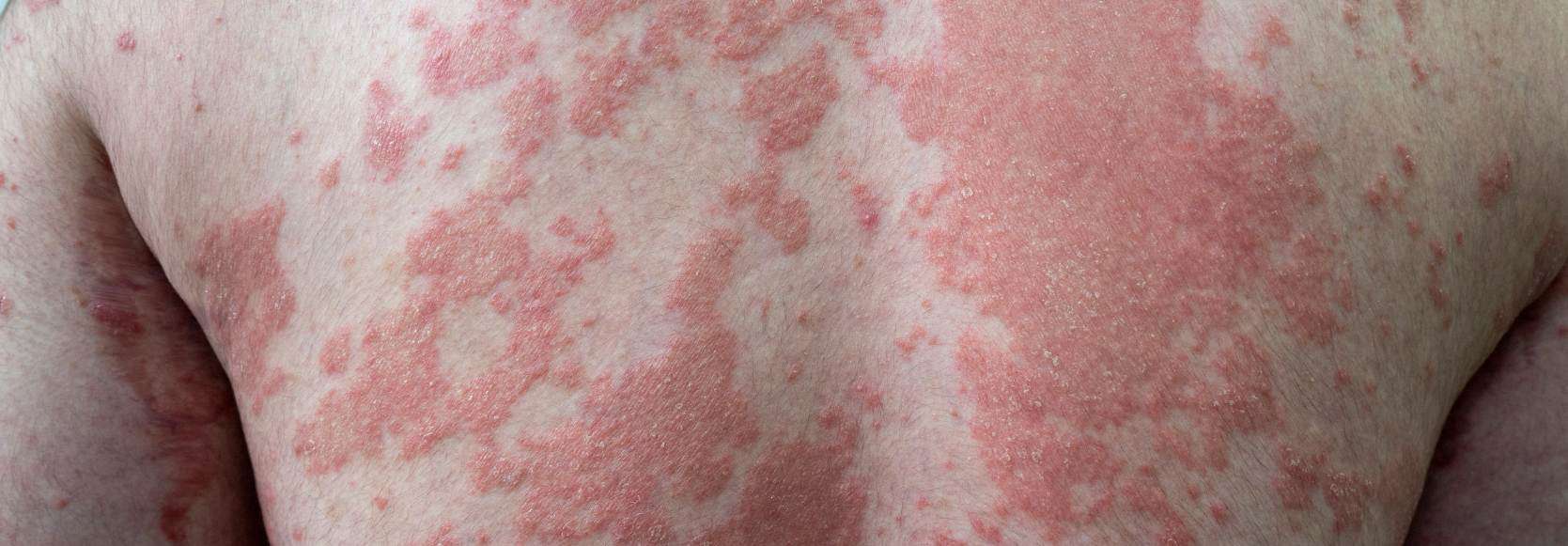October is globally observed as Eczema Awareness Month, drawing focus to the people grappling with this challenging skin condition. Our mission, not just in October but always, is to empower you with robust knowledge about eczema‘s root causes, various treatments and useful coping techniques. This comprehensive guide provides profound insights into the various nuances of eczema – from distinguishing its various types to considering effective ways to manage it. Our ambition is to enrich your lifestyle, whether you’ve just been diagnosed or have been living with eczema for a while.
Defining Eczema
Eczema, also known as dermatitis, is a term for diverse conditions that instigate skin inflammation, leading to itchiness and potentially, cracked or rough areas. It’s a prevalent skin disorder affecting individuals regardless of age or gender. Eczema goes beyond a simple rash; it can be persistent and in severe cases, incapacitating. For many, eczema is a chronic condition marked by episodic flare-ups interspersed with periods of remission. Hence, a comprehensive understanding of the condition is essential for its effective management.
Eczema symptoms can vary greatly among individuals, ranging from red or brown patches that may thicken, crust or weep fluid depending on type and severity. Although it’s not contagious, its visibility can cause emotional distress, impacting self-esteem and overall life quality.
Notably, ‘eczema’ is an umbrella term for various types of dermatitis, each exhibiting distinct characteristics. Determining your specific type is crucial for devising an effective treatment and prevention strategy.

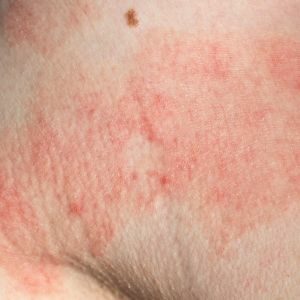
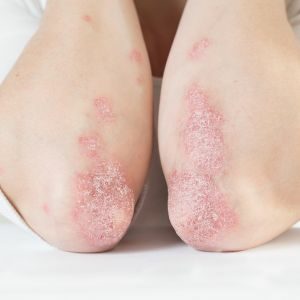
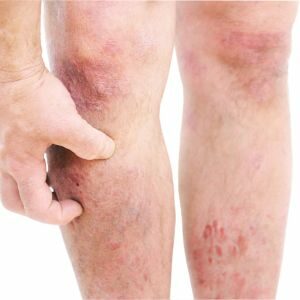
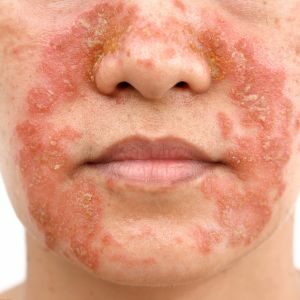

Demystifying the Causes of Eczema
Comprehending Types of Eczema and Dermatitis
- Atopic Dermatitis: Mostly observed during childhood and linked to allergies. Triggers include stress and weather changes, resulting in severe itching, especially on the face, hands, and feet.
- Seborrheic Dermatitis: Targets oily regions like the scalp and face, causing flaky, yellowish scales. Hormonal imbalances or yeast on the skin may contribute to its manifestation.
- Contact Dermatitis: Induced by direct contact with irritants or allergens, resulting in redness, itching and swelling. Avoiding contact with the irritant is essential for its effective management.
- Dyshidrotic Eczema: Characterised by itchy blisters on hands and feet caused by stress, sweat or irritants, this type can lead to significant discomfort.
Identifying Symptoms of Eczema
Eczema symptoms can vary from person to person and in terms of severity. Common symptoms include dry, sensitive skin, inflamed or red patches and intense itching. Some individuals may witness weeping or crusted lesions, while others might develop thick, leathery skin due to continuous scratching.
Early recognition of these symptoms can make managing the condition easier. Symptoms may evolve over time, making it essential to observe how your skin reacts to different factors. This valuable data can aid consultations with your dermatologist. If eczema is suspected, prompt consultation with a healthcare professional is crucial for accurate diagnosis and treatment recommendation, preventing severe complications and improving life quality.
Journey Through Eczema Treatment
Eczema treatment primarily aims to relieve symptoms and prevent future flare-ups. Although there is no known cure, various approaches can help control the condition. Topical treatments such as corticosteroids, which help reduce inflammation and moisturisers that maintain the skin’s barrier functions are usually the first line of defence.
In more severe instances, systemic treatments like oral medications may be prescribed. These treatments target the underlying inflammatory response. Phototherapy, which involves exposure to ultraviolet light, may also be beneficial for some individuals.
Preventive Measures and Long-Term Eczema Care
Preventing eczema flare-ups involves identifying and avoiding personal triggers. Regular use of emollients and moisturisers is critical to maintain skin hydration and prevent cracks where irritants can penetrate. Select skincare products free of fragrances and dyes as they can exacerbate symptoms.
Managing stress is essential for long-term eczema care. Techniques like yoga, meditation or taking regular breaks can be beneficial.
Knowledge is power when dealing with eczema, the better you understand your condition, the more prepared you are to manage it. Participating in support groups or online forums can provide additional guidance and create a sense of community.
Eczema: A Contagious Condition?
Eczema Therapies in Kent at Canterbury Skin and Laser Clinic
Eczema Awareness Month offers an ideal opportunity to broaden your understanding of this condition and express solidarity with those affected. Acquainting yourself with its causes, various types and treatment options can empower you to proactively manage your skin health. Remember, seeking professional guidance can significantly change your treatment outcome.
Start your journey to successful eczema management – schedule a consultation today for personalised advice and treatment solutions.


